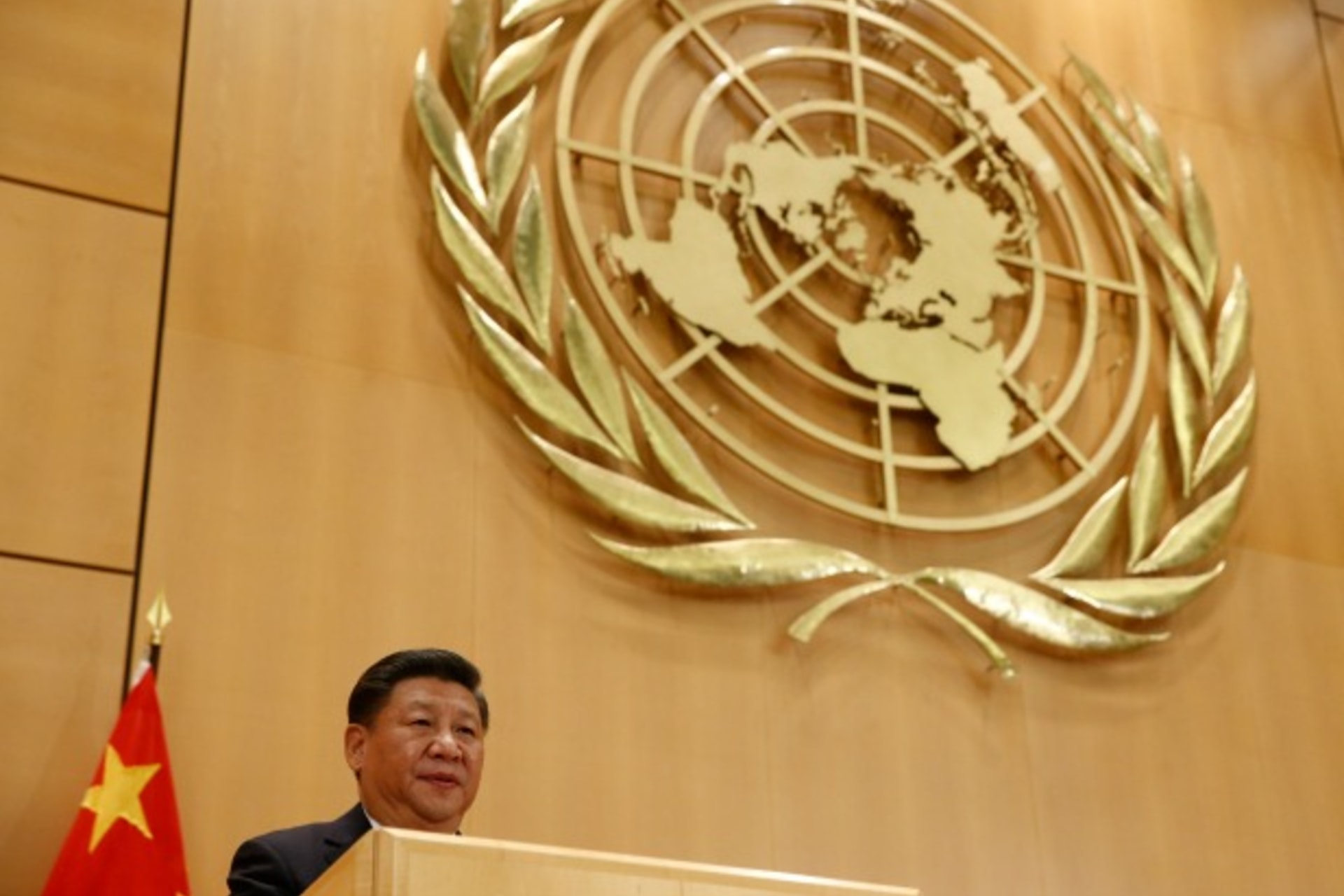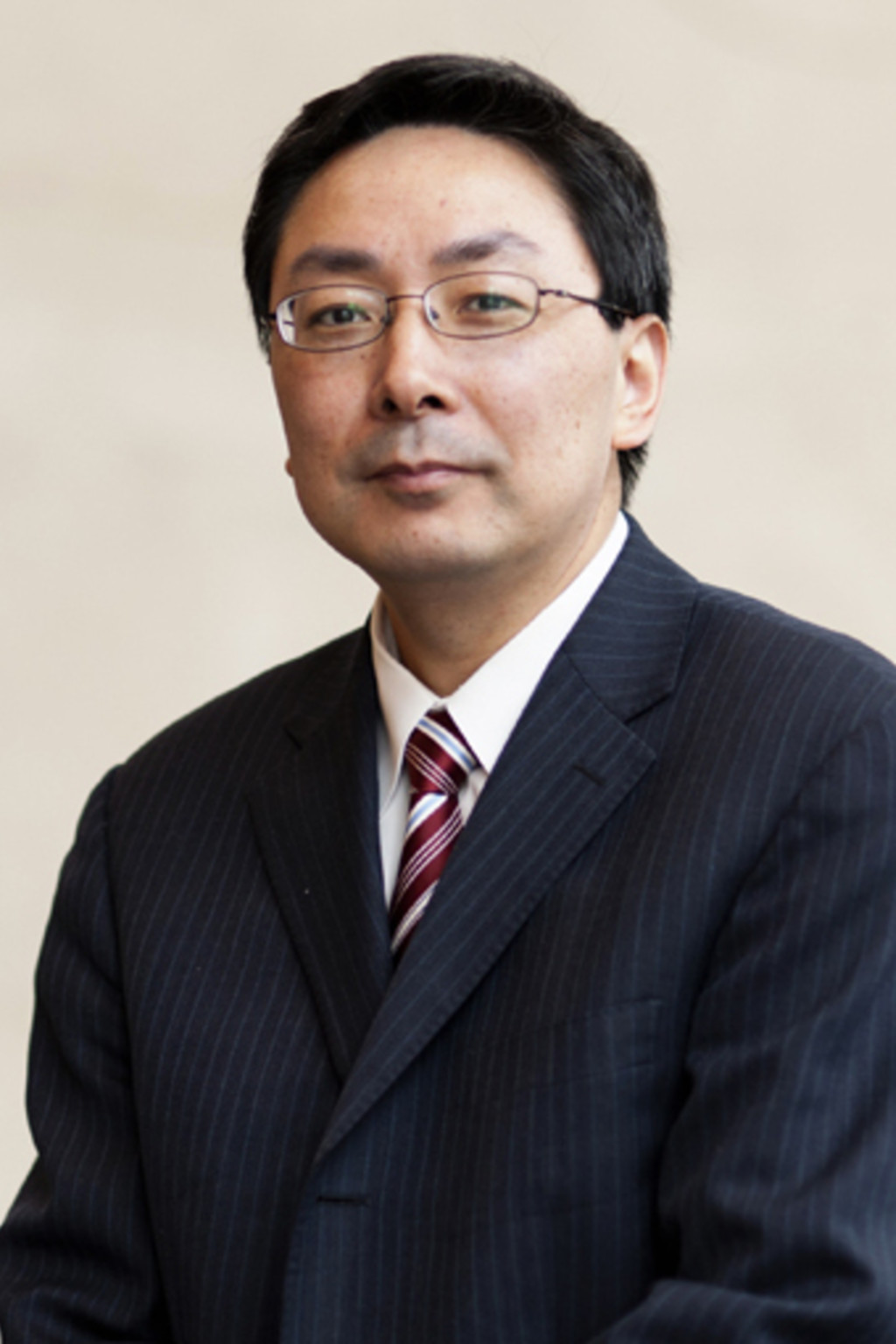A Superpower, But Not Yet a Global Leader

In hindsight, China’s international ascendance seems to fit well with the predictions of neorealist scholars like John Mearsheimer. Back in 1974, Deng Xiaoping declared at the United Nations that “China is not, and will never become a superpower.” Today’s Chinese leaders might find what he said ill-timed and ill-advised. By the end of 2015, China saw its GDP reach $11.2 trillion, accounting for 15 percent of the world economy (U.S. share: 24.5 percent). If China maintains its stated growth rate, by 2024, its economy is expected to be as large as the United States’. Already, some leading Chinese scholars are using the term “superpower” to describe China’s power status.
In tandem with the changing structural conditions is the new strategic context unfolding with the election of Donald Trump to the U.S. presidency. Chinese President Xi Jinping’s criticism of protectionism and isolationism, his remarks about democratization of international relations, his pledge to continue honoring the Paris climate deal, and his call for countries to work together to address global governance challenges have presented an antithesis to President Trump’s “America First” and anti-globalization agenda. In late January, a senior Ministry of Foreign Affairs official indicated China might be forced to assume the role of global leadership if the United States were to step back from that position. In a February speech, President Xi talked about China playing the role of “guiding the international community to work together in shaping a more just and fair international new order.”
The rhetoric that China is willing to assume global leadership suggests that it is abandoning the “fundamental national policy” articulated by Deng Xiaoping in the early 1990s that China “should never seek leadership (juebu dangtou).” Until 2011, political elites in Beijing viewed the demands for China to shoulder more international responsibilities as part of an international conspiracy to thwart China’s development. Admittedly, China has made great strides toward fulfilling its international responsibilities and assuming global leadership. In terms of foreign aid, it has steadily moved away from net recipient status to net donor status since 2010. In 2014, during the Ebola outbreak in West Africa, China kicked off its largest ever response to an international humanitarian crisis, by offering $123 million (750 million yuan) worth of humanitarian aid to the global Ebola control efforts.
Despite this, glaring capacity gaps exist, preventing China from becoming a true global leader. First of all, being a leader in sustaining the liberal international order requires China to commit a huge amount of resources. While China is now a net donor of foreign aid, it is far from achieving the donor status of many OECD countries. China thus far does not have foreign aid laws or a specialized development assistance agency analogous to the U.S. Agency for International Development (USAID) to coordinate development assistance. Its annual spending on global health is about $200 to $300 million, far less than U.S. government funding for global health (about $10 billion). Unless we see a revamp of its foreign aid institutions or a sharp rise in its amount of foreign aid, it would be unrealistic to talk about China substituting the role of the United States in global governance.
Second, China has to address the soft power discrepancy in exercising global leadership. In 2009, British journalist and scholar Martin Jacques published a book titled, When China Rules the World: The End of the Western World and the Birth of a New Global Order. While it is indisputable that China’s influence is on the rise, that influence is mainly the result of its wielding of hard power, and less about soft power (e.g., cultural attractiveness, appeal of the domestic development model). Many of the extravagant soft power projects, including the Confucius Institute, have not worked out well in promoting China’s image. Against the background of seemingly retreating democracy, China’s authoritarianism appears to be more successful among nondemocracies, but this has not been accompanied by serious and significant interest worldwide in China’s development model.
Finally, China’s domestic political economy is also hindering its efforts to project global leadership. Preoccupied by mounting domestic challenges, from air pollution to a potential middle-income trap, Chinese leaders will have to fight an uphill battle to mobilize the resources and internal support for playing the global leadership role. “China’s poverty line is still less than $1 a day, which still falls below the World Bank’s global poverty standard of $1.25 a day,” a Chinese scholar recently said on social media: “You expect a country whose poverty line is only $400 a year to feed people worldwide?” Furthermore, China domestically is hardly an exemplar for the liberal international order. While internationally, President Xi argued against “any attempt to cut off the flow of capital, technologies, products, industries, and people between economies,” internally, the government is doing the opposite by imposing additional controls on the inflow of information and outflow of capital. This would only lead people to question the sincerity of its posited global leadership. To sum up, China still has a long way to go before it can position itself as a viable alternative to U.S. global leadership.
